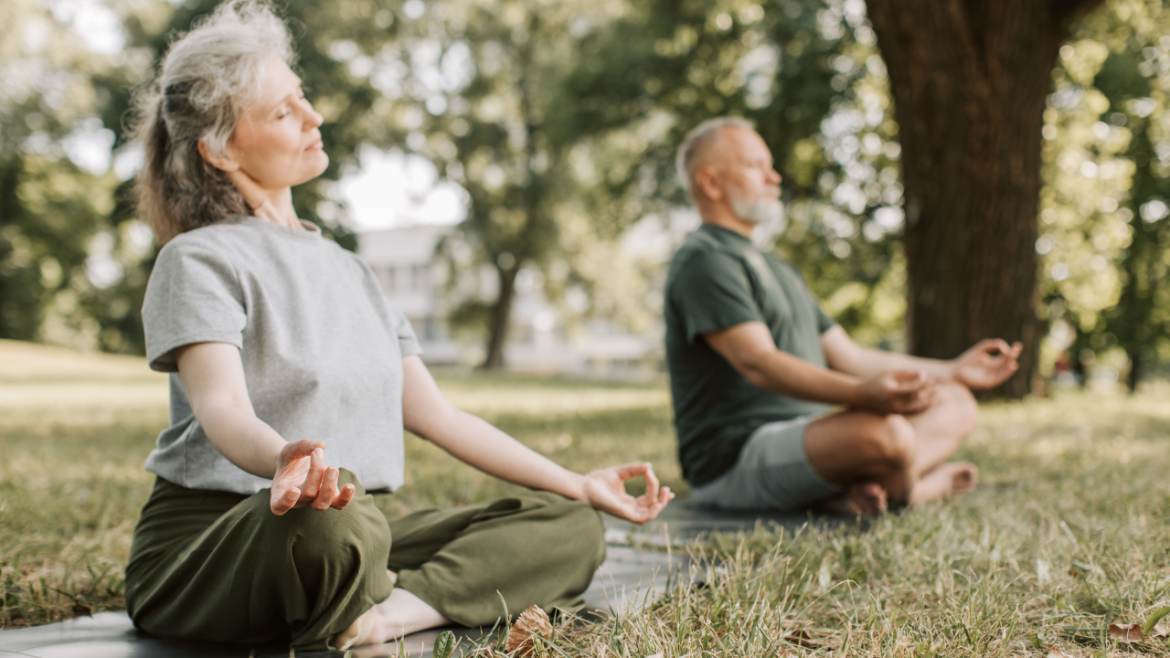Did you know that Leading Edge Senior Care has a Dementia Support Group? We meet monthly in Mesa. For more details <click here>
What To Do After Surviving A Stroke
Surviving a stroke is a monumental feat, marking the beginning of a challenging yet transformative journey toward recovery. In the aftermath, it’s crucial to focus on rehabilitation, both physically and emotionally, to regain a sense of normalcy and independence. Here’s a comprehensive guide outlining essential steps for seniors and their caregivers after surviving a stroke:
Understanding the Stroke Journey:
- Emotional Support: Reach out to friends, family, and support groups to share experiences and gain emotional strength.
- Professional Guidance: Consult neurologists, therapists, and counselors for a personalized recovery plan.
- Medication Management: Adhere strictly to prescribed medications to manage blood pressure, and cholesterol, and prevent future strokes.
Physical Recovery:
- Physical Therapy: Engage in tailored exercises to regain strength, balance, and coordination under professional supervision.
- Occupational Therapy: Enhance everyday skills such as dressing and cooking to regain independence in daily activities.
- Speech Therapy: If applicable, speech therapists assist in overcoming speech and swallowing difficulties.
Embracing a Healthy Lifestyle:
- Dietary Changes: Adopt a balanced diet rich in fruits, vegetables, lean proteins, and whole grains to support overall health.
- Regular Exercise: Incorporate gentle activities like walking or yoga, tailored to individual abilities, for improved cardiovascular health.
- Smoking and Alcohol: Quit smoking and limit alcohol intake to reduce the risk of further complications.
Home Modifications:
- Safety Measures: Install grab bars, non-slip mats, and proper lighting to prevent falls within the home.
- Assistive Devices: Use canes, walkers, or wheelchairs as needed to enhance mobility and prevent accidents.
- Accessible Living: Rearrange living spaces for easy navigation, ensuring everything is within reach.
Mental and Emotional Well-being:
- Supportive Environment: Surround yourself with positive influences and engage in joyful and relaxed activities.
- Mindfulness Practices: Explore meditation, deep breathing, or hobbies to reduce stress and promote mental clarity.
- Seeking Professional Help: If anxiety or depression lingers, consult a therapist specializing in post-stroke emotional recovery.
Planning for the Future:
- Legal and Financial: Review and update legal documents like wills and powers of attorney. Consider financial planning for long-term care.
- Stay Informed: Regularly visit healthcare professionals to monitor progress and promptly address concerns.
- Stay Socially Connected: Maintain social ties as they provide emotional support and mental stimulation.
Encouraging Independence:
- Encourage Self-Care: Promote self-care activities to boost confidence and independence, even in small tasks.
- Celebrate Milestones: Acknowledge and celebrate each achievement, whether big or small, to stay motivated.
- Patience and Understanding: For caregivers, patience and understanding are key. Encourage without pressure, allowing time for recovery.
Moving Forward:
Surviving a stroke is a testament to resilience. By embracing the right support, therapies, and lifestyle changes, seniors can lead fulfilling lives post-stroke. Remember, each step forward, no matter how small is a victory worth celebrating on this journey to recovery.

